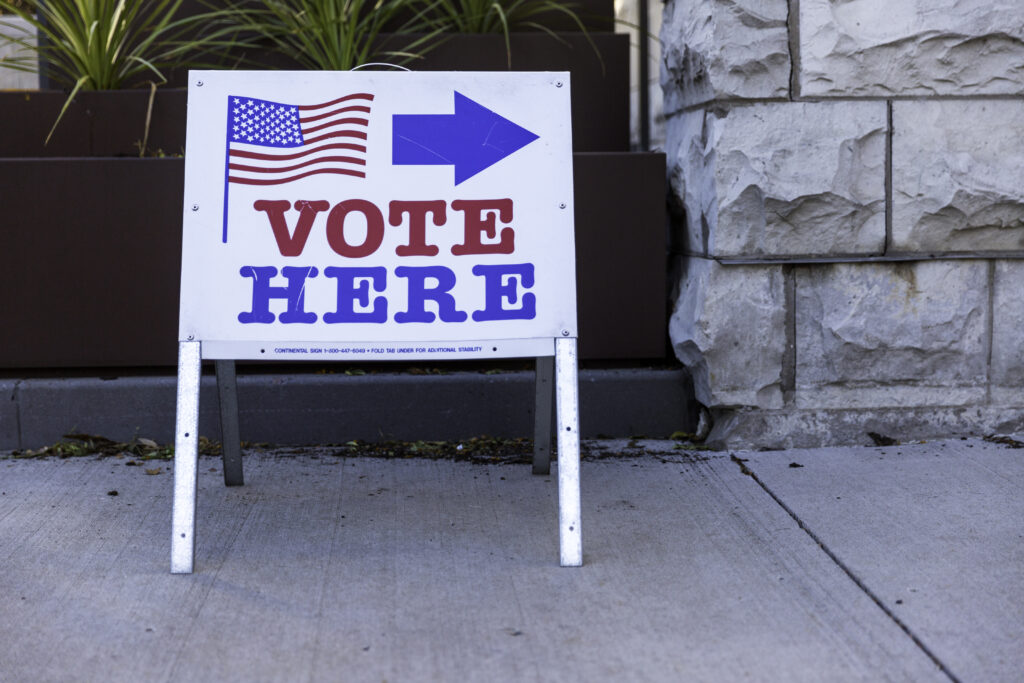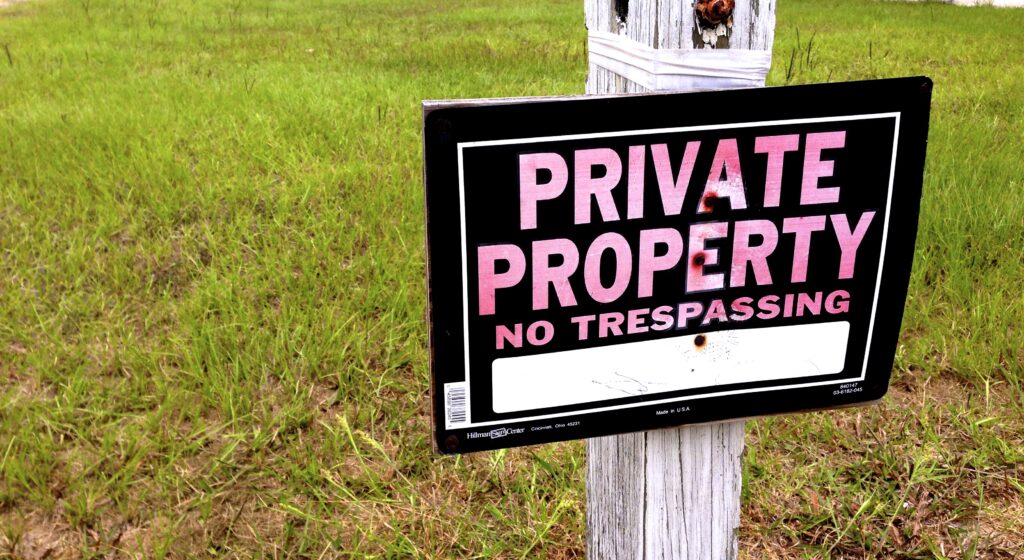Electronic cigarettes, commonly called e-cigarettes, have quickly become one of the most popular tobacco replacement products, with the total market value of the industry expected to hit $50 billion by 2030. E-cigarettes have proven effective at helping smokers reduce tobacco cigarette use or to help them quit altogether, which means they could create significant public health and financial benefits for states.
For decades, legislators have attempted to reduce the negative health and economic impacts of smoking through taxes, bans, and strong regulations, none of which have proven to be successful. Recently, some legislators tried to extend these same failed policies to e-cigarettes, even though there’s no evidence e-cigarettes are harmful and they don’t contain tobacco.
On April 25, 2014, the Food and Drug Administration (FDA) released deeming regulations that extend FDA’s regulatory authority to include cigars, electronic cigarettes, and other tobacco and tobacco-like products. The deeming regulations create several important questions FDA needs to answer, and how FDA responds will go a long way toward determining how new products enter the market and whether the vaping industry can survive at all.
The main issue posed by the deeming regulation is the process these products will have to go through to receive approval from FDA. Currently, any new tobacco product that does not meet the standard of “substantial equivalency” to another product currently on the market is required to go through a lengthy and expensive study process known as “premarket tobacco application” (PMTA). The PMTA process is so arduous only one product in the past six years has successfully made it over this large regulatory hurdle, according to the Tax Foundation. This is especially concerning for new vaping products, because few of these products will be able to qualify as “substantially equivalent” to an existing tobacco product, which means they will nearly always need to go through the PMTA process.
PMTA is estimated to cost businesses $3 million to $20 million per application.
Linked to the review issue is the problem of the current predicate date, the grandfather date used by FDA as the starting point for tobacco products to receive enhanced review and regulation. The current date used, February 15, 2007, was chosen for regulated products because it was the date the Tobacco Control Act was introduced. Using this date for all tobacco and tobacco-like products, including vaping products, is problematic because it would place nearly all vapor products under PMTA review. This could constrict or even eliminate the current market.
In response to the deeming regulation, several legislators have called for the predicate date to be set to either April 25, 2014, the date the proposed deeming regulation was published, or to the date the final rule is published. Protecting the vapor market from overregulation is important; according to many in the public health community, e-cigarettes are far safer than combustible cigarettes while offering many smokers the best option to quit. Several studies have found e-cigarettes to be an effective and viable option for smokers seeking a nicotine replacement therapy. The American Association of Public Health Physicians has concluded e-cigarettes “could save the lives of 4 million of the 8 million current adult American smokers who will otherwise die of a tobacco-related illness over the next 20 years.”
Without changing the predicate date, most of these innovative products will never be able to make their way to the marketplace, leaving those who are looking for a less-harmful alternative to smoking with limited options.
The following documents provide additional information about electronic cigarettes and efforts to regulate their sale and use.
Vapor Products and Tax Policy
https://heartland.org/policy-documents/vapor-products-and-tax-policy
Scott Drenkard of the Tax Foundation examines vaping products and the numerous tax policies that affect the industry. Drenkard concludes vaping products “likely have much lower externalities than traditional cigarettes, and it follows that the excise taxes on the products should be lower or nonexistent. Punitive taxes on vapor products could inadvertently close out options for cigarette users looking to quit.”
Research & Commentary: Electronic Cigarettes
http://heartland.org/policy-documents/research-commentary-electronic-cigarettes
Heartland Institute Senior Policy Analyst Matthew Glans examines electronic cigarettes, tobacco harm reduction, and various proposals to regulate e-cigarette use. E-cigarettes have become one of the most popular nicotine replacement products and a key building block in tobacco harm reduction strategies.
Electronic Cigarette Use Among Adults: United States, 2014
https://heartland.org/policy-documents/electronic-cigarette-use-among-adults-united-states-2014
This report from the Centers for Disease Control and Prevention provides the first estimates of e-cigarette use among U.S. adults from a nationally representative household interview survey, which is organized by selected demographic and cigarette smoking characteristics.
Research & Commentary: New CDC Report Finds Vaping Helps Smokers Quit
https://heartland.org/policy-documents/research-commentary-new-cdc-report-finds-vaping-helps-smokers-quit
A new report released by the Centers for Disease Control and Prevention (CDC) found only 0.4 percent of the people who had never smoked tobacco in a CDC study group are current vapers, which the report defines as using a vaping device either every day or some days. The CDC report, the first of its kind, estimates e-cigarette use among U.S. adults using a nationally representative household survey. The report’s findings claim only 3.4 of adults who have never smoked have tried an e-cigarette; 12.6 percent of Americans have tried an e-cigarette; and fewer than 4 percent of the U.S. population are regular e-cigarette users.
E-Cigarettes Are Making Tobacco Obsolete. So Why Ban Them?
http://heartland.org/policy-documents/e-cigarettes-are-making-tobacco-obsolete-so-why-ban-them
Matt Ridley reports vaping works better than any other method of giving up smoking, examining several studies reaching that conclusion. With the success of vaping products, he asks, why are cities banning them?
E-Cigarettes Poised to Save Medicaid Billions
https://heartland.org/policy-documents/e-cigarettes-poised-save-medicaid-billions
In a new report from State Budget Solutions, J. Scott Moody finds e-cigarette use could create significant savings for state governments, especially in their Medicaid programs: “As shown in this study, the potential savings to Medicaid significantly exceeds [sic] the state revenue raised from the cigarette excise tax and tobacco settlement payments by 87%. As such, the rational policy decision is to adopt a non-interventionist stance toward the evolution and adoption of the e-cig until hard evidence proves otherwise.”
Levels of Selected Carcinogens and Toxicants in Vapor from Electronic Cigarettes
https://heartland.org/policy-documents/levels-selected-carcinogens-and-toxicants-vapor-electronic-cigarettes
Tobacco Control found e-cigarette vapor contains some toxic substances, but only at levels “9–450 times lower than in cigarette smoke and were, in many cases, comparable with trace amounts found in the reference product.” The study finds replacing tobacco cigarettes with electronic cigarettes could substantially reduce exposure to tobacco-specific toxicants.
Nothing in this Research & Commentary is intended to influence the passage of legislation, and it does not necessarily represent the views of The Heartland Institute. For further information on this subject, visit Budget & Tax News at https://heartland.org/topics/economy/index.html, The Heartland Institute’s website at http://heartland.org, and PolicyBot, Heartland’s free online research database, at www.policybot.org.
The Heartland Institute can send an expert to your state to testify or brief your caucus; host an event in your state; or send you further information on a topic. Please don’t hesitate to contact us if we can be of assistance! If you have any questions or comments, contact John Nothdurft, Heartland’s director of government relations, at [email protected] or 312/377-4000.



